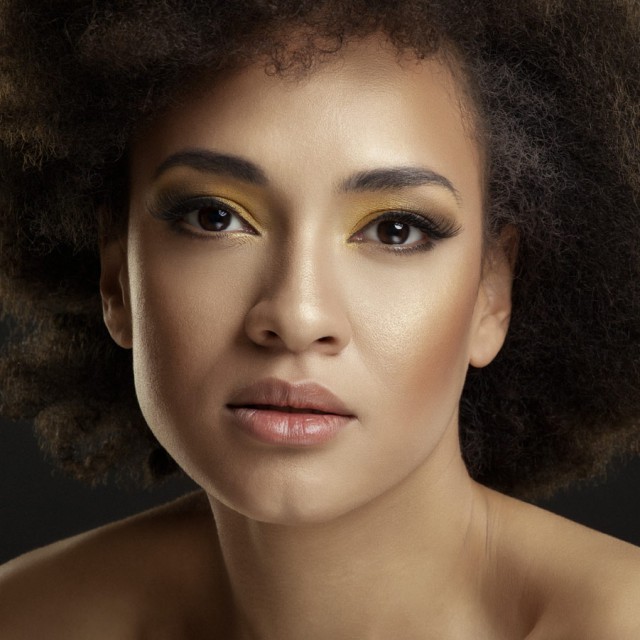-
Vaser Liposculpture

More Information
Vaser Liposculpture
-
Dermal Filler

More Information
Dermal Filler
-
Breast Reduction

More Information
Breast Reduction
-
Breast Enlargement

More Information
Breast Enlargement
-
Rhinoplasty

More Information
Rhinoplasty
-
Liposculpture

More Information
Liposculpture
-
Facelift

More Information
Facelift
-
Eyelids

More Information
Eyelids
-
Calf Implants

More Information
Calf Implants
-
Arm Lift / Reduction

More Information
Arm Lift / Reduction
-
Abdominoplasty

More Information
Abdominoplasty
SARS-Cov-2 is the name of the virus that causes coronavirus disease 2019, commonly known as Covid-19. It typically leads to an inflammation of the lungs, with a continuous cough, high temperature and loss of the sense taste or smell. It has also been associated with blood clots, heart problems and gastrointestinal problems. Around 80% of patients recover but in 20% the disease results in hospitalisation and in a small percentage of patients, death.
What risk factors are associated with having a more severe illness from coronavirus?
- You are more likely to become seriously ill if you are:
- Over 60 years old, more so if you are over 70 years old
- Male
- Have diabetes
- Have disease of the heart or blood vessels
- Have cancer
- Are obese (body mass index greater than 30)
Why do I need to know about the risks of surgery and Covid-19?
If you get coronavirus around the time of your surgery, either before or after, then this adds ‘material risk’ to the surgery. This means that you’re likely to have a worse outcome than if you had not had the virus. This means that you should consider either putting the surgery off until we know more about the disease, or not having the surgery at all.
What are the possible effects of having coronavirus around the time of my surgery?
Studies have indicated that if you get coronavirus around the time of your surgery then you have a higher chance of developing complications or even dying. For example, Covid-19 increases the chances of developing blood clots, which could mean clots in your lungs, which can lead to long-term breathing problems, or the brain, producing a stroke.
What are the long-term effects of having Covid-19?
At the moment it is not clear what the long-term effects of coronavirus will be as the disease has not been around long enough. However similar diseases such as SARS and MERS are known to produce long-term problems such as chronic fatigue and chronic lung problems such as breathlessness and reduced exercise tolerance.
How will the process of having surgery change with coronavirus?
Every step of the surgical pathway will change because of coronavirus.
Consultations
In elective plastic surgery, it is important to have a physical examination to help make decisions about the best type of surgical procedure. This is difficult, and sometimes inappropriate, to do using a video or telephone call. Therefore, your first appointment will most likely be face-to-face. During this consultation, you will need to confirm the following:
That you have not had any symptoms of Covid-19 in the last 14 days
That you have not come into close contact with anyone with a known or suspected case of Covid-19
Whether or not you are currently shielding or self-isolating
You will then have a temperature check on arrival at the hospital and will need to wear a mask. During your consultation, I will wear a mask and will also wear gloves, an apron and a visor for the physical examination. A nurse will be present for this as well.
Pre-op isolation
You will need to isolate yourself and if possible your whole household at home for 14 days before the date of your operation. You will have a Covid-19 swab 72 hours before the surgery which must be negative before you are allowed to be admitted.
Surgery
All precautions will be taken to protect you and the hospital staff from coronavirus, including the use of appropriate personal protective equipment (PPE). Your surgery make take longer because of this. Whilst on the ward, the staff will wear protective equipment and you will most likely not be able to have any visitors whilst you are staying at the hospital.
Post-op isolation
You will need to isolate yourself at home for 7-14 days after your surgery. This is to ensure that if you were to have to return to the hospital because of a complication, you are still at low risk of passing on the virus and to reduce the chance of you getting the virus in the post-operative period.
Complications
If you develop a complication related to your surgery, then we will try to manage this with you at home if possible. If this is not possible, and you do not have any symptoms of Covid-19 then you will be treated at the private hospital. However if you develop Covid-19 symptoms then you will need to go to your local NHS hospital for treatment.
Post-op follow-up
Face-to-face follow-up appointments at the hospital will be limited to only essential visits and you are more likely to have to look after your own dressings and wounds at home, with distant support eg via telephone or video call.
Could my surgery be cancelled at short notice?
Yes. There are many reasons why your surgery is much more likely to be cancelled. For example, any one of the members of the surgical team (surgeon, anaesthetist, theatre staff, ward staff, porters etc) may either contract the virus or be asked to isolate due to the Track and Trace system and so be unavailable for your operation at short notice. One you have been given a new date for surgery you will then have to go through the entire pre-op isolation process again.
Will there be a long wait for my surgery?
The private hospitals are currently providing approximately 75% of their resources for NHS urgent surgery. This leaves very little for all the private operations that are normally carried out. In addition, staff shortages due to shielding and isolating mean that the hospitals are less likely to be able to offer a full service. Whilst this situation will hopefully improve, if the number of cases increases again (a second surge) then further delays are to be expected. It is likely that you will have to wait much longer for surgery as a result.
What do I need to do to reduce the risk of having Covid-19 around the time of my surgery?
It is vitally important that you engage completely with all the processes that are in place to reduce the chances of developing or spreading Covid-19. This will help to protect you and the hospital staff from developing this disease.
Below are some further resources that you may find helpful.
